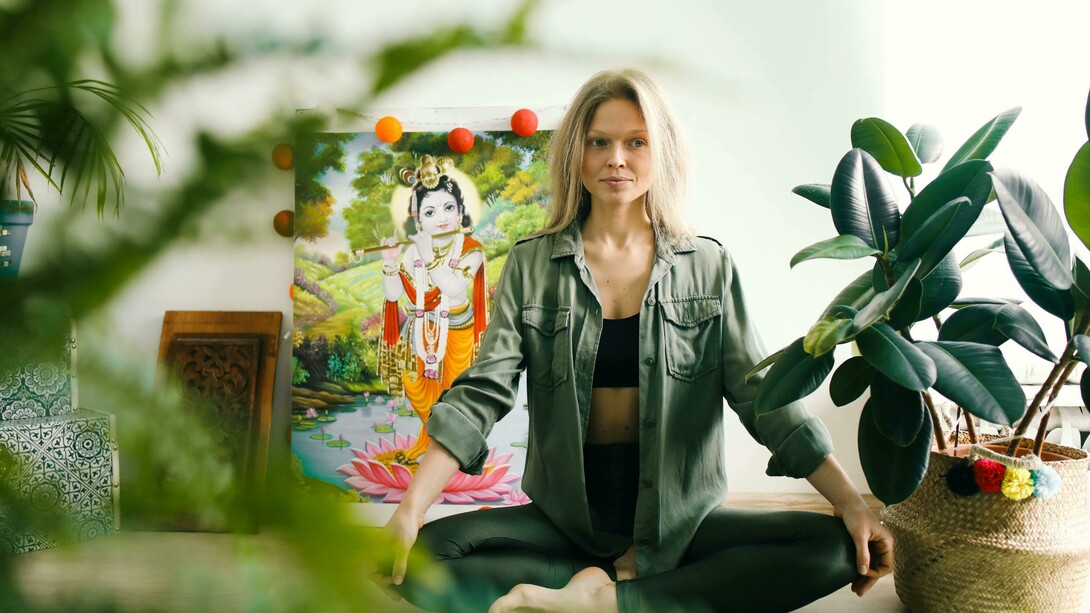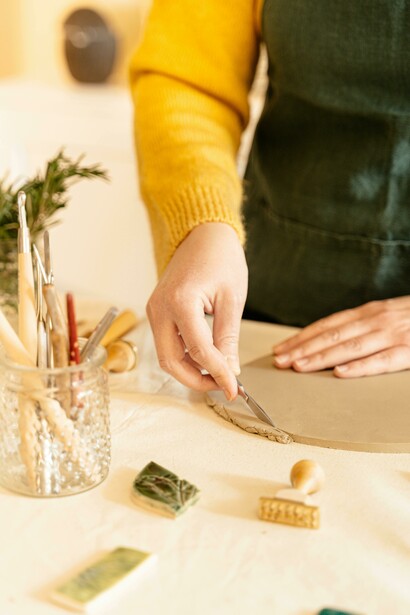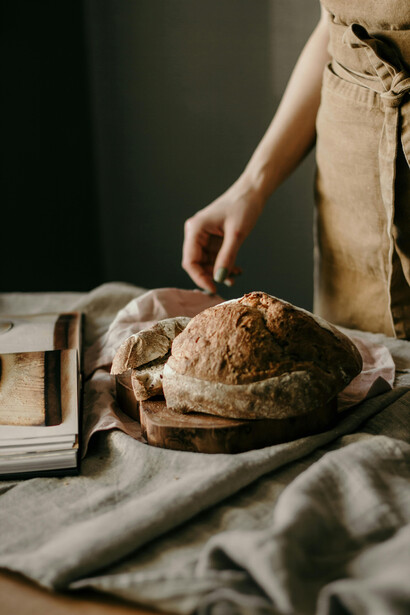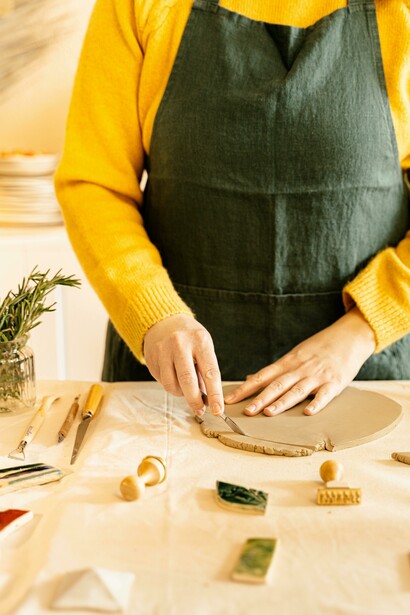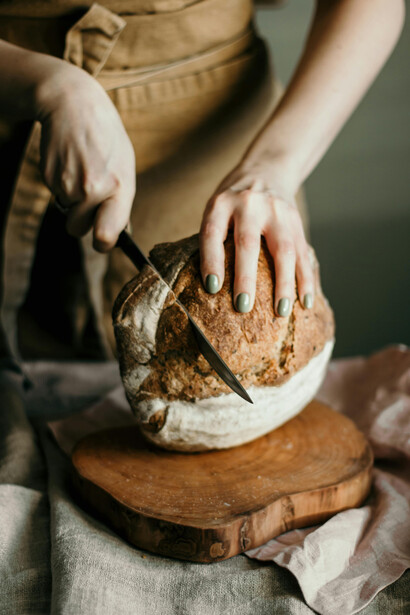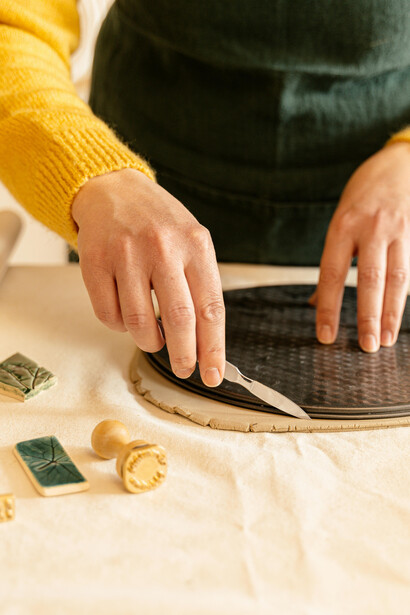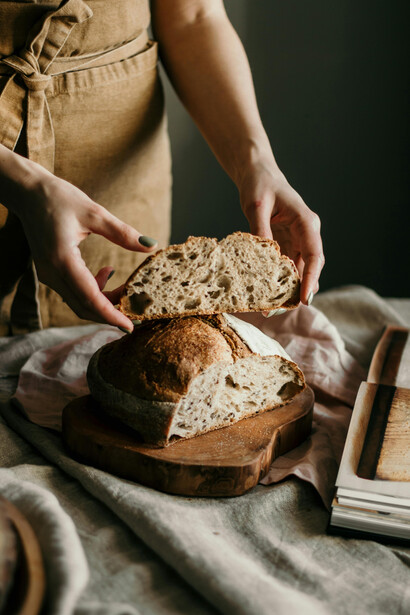Scroll through any social media feed, and you'll see them: meticulously poured lattes, thriving urban jungles of houseplants, and the satisfying, slow-motion clip of a freshly potted ceramic piece emerging from the kiln. These aren't just random trends; they are the hallmarks of a generation redefining what it means to have a hobby. Behind every image is a quiet search for balance, a need to slow down and find meaning in the tangible.
For millennials, those born roughly between 1981 and 1996, hobbies are far more than a way to pass the time. In a world characterized by economic uncertainty, digital saturation, and a constant pressure to optimize life, their chosen pastimes have become powerful tools for wellness, self-sufficiency, and genuine connection. But to truly understand what this generation is doing, you have to understand why. This collective shift from passive consumption to active creation is a direct response to the modern landscape.
There's a palpable craving for the tangible satisfaction of woodworking or baking after a day of pushing pixels on a screen. There's a search for the therapeutic, meditative rhythm of a long run or the focused patience of sourdough baking to manage mental health. Shaped by financial crises and climate anxiety, the trend toward thrift-flipping and herb-growing functions as a conscious act of sustainability and self-reliance. And in a hyper-connected yet isolating world, local running clubs, board game cafes, and book circles become vital spaces to forge the authentic, real-world connections that a "like" button can never provide.
Signature millennial hobbies
If you look closely at how millennials spend their free time, a clear pattern emerges. This isn't a random assortment of trends but a curated collection of pursuits that reveal the generation's core values. The modern millennial hobby is a powerful form of self-expression, falling into a few key categories.
First, you have the domestic crafter. This isn't your grandmother's knitting circle (though knitting is definitely back). It’s the alchemy of sourdough baking, the science of home-brewing kombucha, and the art of fermenting a perfect pickle. It’s about mastering slow, tactile processes that yield delicious, shareable results, a direct rebellion against fast food and instant gratification.
Then there’s the green-thumbed urbanite. A lack of backyard hasn't stifled the urge to cultivate. Millennials have turned their apartments into urban jungles, obsessing over the precise care for a finicky fiddle leaf fig or trading cuttings of rare Monsteras. This is gardening reimagined for the rental generation, bringing a sense of nurture and growth into compact living spaces.
You can't miss the mindful maker. This group finds solace in the process itself. Whether it’s the centrifugal force of a pottery wheel, the deliberate stroke of calligraphy, or the repetitive click of knitting needles, these activities demand a concentration that pulls the mind into a state of "flow," offering a tangible antidote to the scattered nature of digital life.
For the experience-seeking adventurer, the goal is challenge and memory-making. Their hobbies, hiking rugged trails, rock climbing, or embracing the minimalist freedom of van life, are inherently shareable, often documented on social media not just for show, but as a digital scrapbook of a life lived actively, outside the confines of an office.
A key part of this generation's approach is the wellness seeker. This category, encompassing activities like running, Pilates, and yoga, moves beyond pure fitness. The focus is on holistic well-being, offering a challenge for the body while actively working to reset the mind. These practices are chosen for their ability to reduce stress and create mental clarity, functioning as a moving meditation that perfectly aligns with the millennial ethos of managing mental and physical health in a balanced, conscious way.
And blurring the lines between passion and pragmatism is the "side-hustle" hobbyist. In an economy of side gigs, what begins as a love for vintage clothing curation, vinyl collecting, or crafting jewelry can quickly evolve into a curated Depop store or a thriving Etsy shop. The hobby isn’t just for fun; it’s a potential pathway to financial self-sufficiency.
Of course, this entire ecosystem is nurtured by the digital double-edged sword. Platforms like YouTube and Instagram are the modern-day library and community center, offering endless tutorials and connecting enthusiasts across continents. This extends to the rise of the modern storyteller, where starting a podcast becomes a hobby in itself, a way to build a community around a niche passion, from true crime to vintage video games.
So, the next time you see a friend proudly showing off their homemade hot sauce or a new monstera leaf, know that you're witnessing something deeper than a hobby. You're seeing a generation build its sanctuary, one stitch, one sourdough loaf, and one plant cutting at a time. In these small acts, we reclaim a sense of control, comfort, and creativity that modern life often takes away. In a demanding world, these aren't just pastimes; they're personal revolutions, quietly crafted with our own hands.
